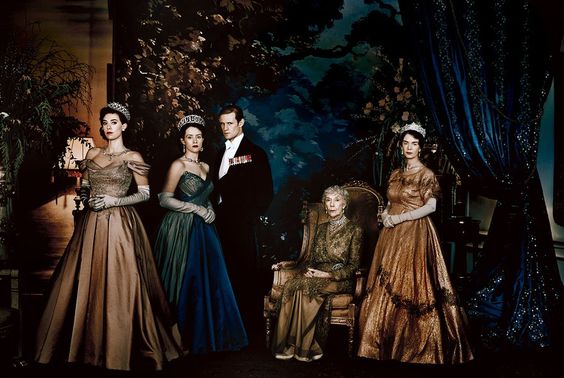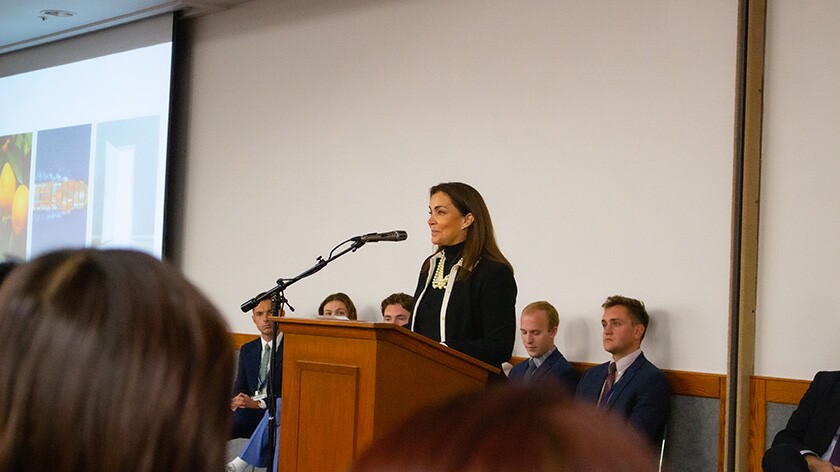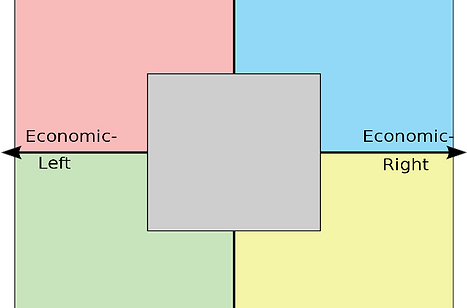
Finding Truth in Historical Series and Movies

The true difference between historians and writer, Aristotle states, is that the first one records what has happened, while second one represents what may happen. The writer’s goal is not to reflect real life as it is. It is essential that the universal one is reflected by decorating it with details, coincidences, extraordinary situations. These elements can be designed with the aim of making viewers think or emphasizing a point of view. Other times, it is aimed to impress the audience by dramatizing real events and to get an emotional reaction from them.
Another key thing to remember that reality is a requirement in historical series and films. The study, in the journal Psychological Science, suggests that showing popular history movies in a classroom can be a double-edged sword when it comes to helping students learn information because students will often remember whatever information is in them, regardless of whether it is true or false. In this case, the parts that are processed outside the historical reality may mislead these students.
As an answer to our basic question, we can say that a historical television series doesn't need to follow what really happened as a documentary, but it is nice that there was a certain level of care when making creative choices. Otherwise exaggerating the story from reality will cause some problems such as the formation of impressions that do not reflect the truth about the people mentioned. Exaggerating the tabloid issue of the work will damage the reputation of this person and put the people from his family in a difficult situation. For example, the television show Reign can be an example of a show that is very loosely based on the life of Mary, Queen of Scotts. We can offer a solution about this. It would be best to talk to people who have witnessed living events about recent movie series and act with their opinions like The Crown tv series. But ultimately filmmakers will make whatever historical films they can get funded. As it is, films are generally commercial products. It’s up to us to choose what we watch and how we respond.




